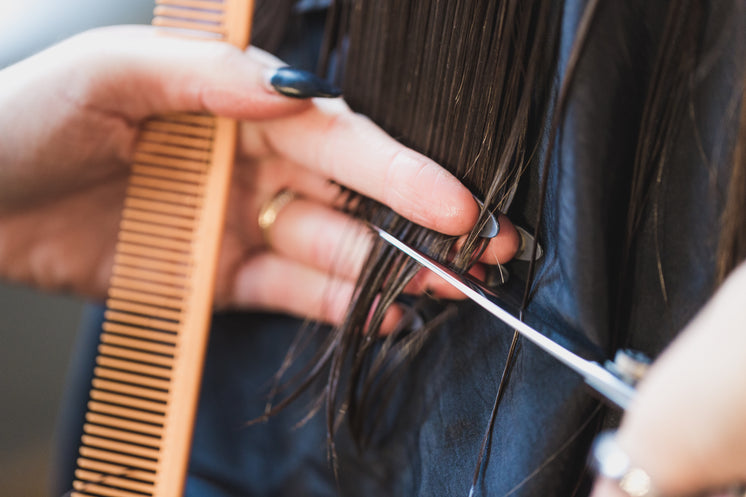Innovations in Sustainable Hair Sourcing
페이지 정보

본문
In recent years, the beauty industry has begun to rethink how hair is sourced for wigs, weaves, and extensions with a growing emphasis on sustainability and ethical practices. In the past, hair was frequently acquired through opaque supply chains that exploited vulnerable populations and ignored ecological consequences.

Today, innovators are introducing new systems that prioritize fairness, traceability, and eco consciousness. Many brands have eliminated intermediaries to ensure donors receive equitable compensation and public recognition.
Some brands even share stories and photos of donors with customers, creating a personal connection and fostering trust. Customers are now given access to donor narratives and visual testimonials.
Another innovation is the development of certified sustainable hair programs. Ethical sourcing standards have been formalized to prohibit exploitation, forced labor, and underage contributions.
Independent auditors now certify vendors who meet strict ethical standards, similar to fair trade certifications in coffee or chocolate industries. These seals of approval mirror the credibility of certifications in food and fashion industries.
Environmental considerations are also shaping the future of hair sourcing. Eco-conscious brands are switching to compostable materials and offsetting emissions through verified programs.
Others are experimenting with using hair extension wholesale suppliers waste from salons as a raw material for new extensions, reducing the need for virgin hair altogether. Salon clippings are being repurposed into high-quality extensions.
Technology is playing a key role too. A decentralized ledger system now records every step of the supply chain with immutable data.
This ensures full transparency and gives consumers the ability to verify the origin and ethics behind their purchase. Consumers are empowered with real-time access to sourcing history and compliance records.
Moreover, synthetic hair alternatives made from plant-based polymers are gaining traction. Bio-engineered fibers derived from algae, corn, or bamboo now replicate natural texture and movement.
They are also more durable and require less water and energy to manufacture. Production uses up to 70% less water and emits fewer greenhouse gases than human hair processing.
The shift toward sustainable hair sourcing is not just a trend—it is a necessary evolution. Consumers are demanding accountability, and forward-thinking brands are responding by building business models that respect both people and the planet.
As awareness grows, the hope is that every strand of hair used in beauty products will carry not just style but also integrity. The future of beauty lies in hair that honors its source as much as it enhances appearance
- 이전글Don't Believe These "Trends" Concerning Buy A Driver's License – Experience 25.09.23
- 다음글Proceso De Reichstein 25.09.23
댓글목록
등록된 댓글이 없습니다.

